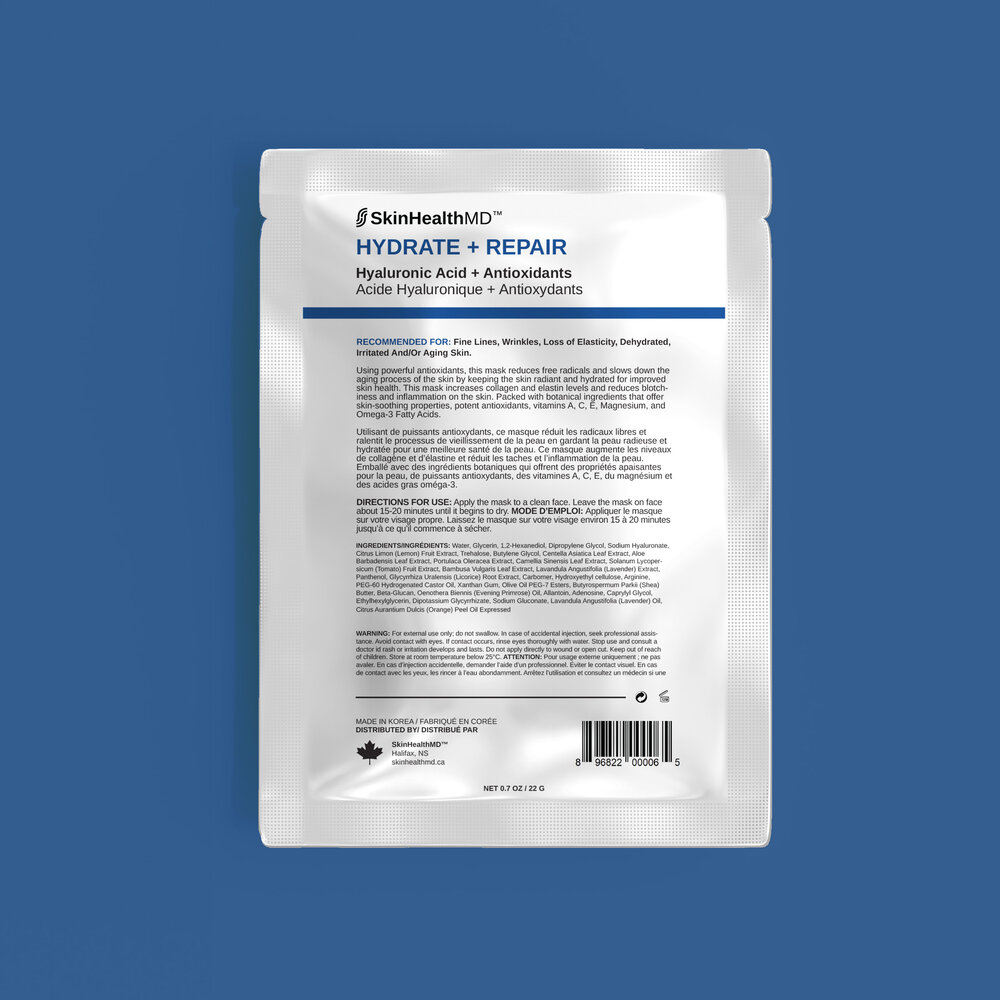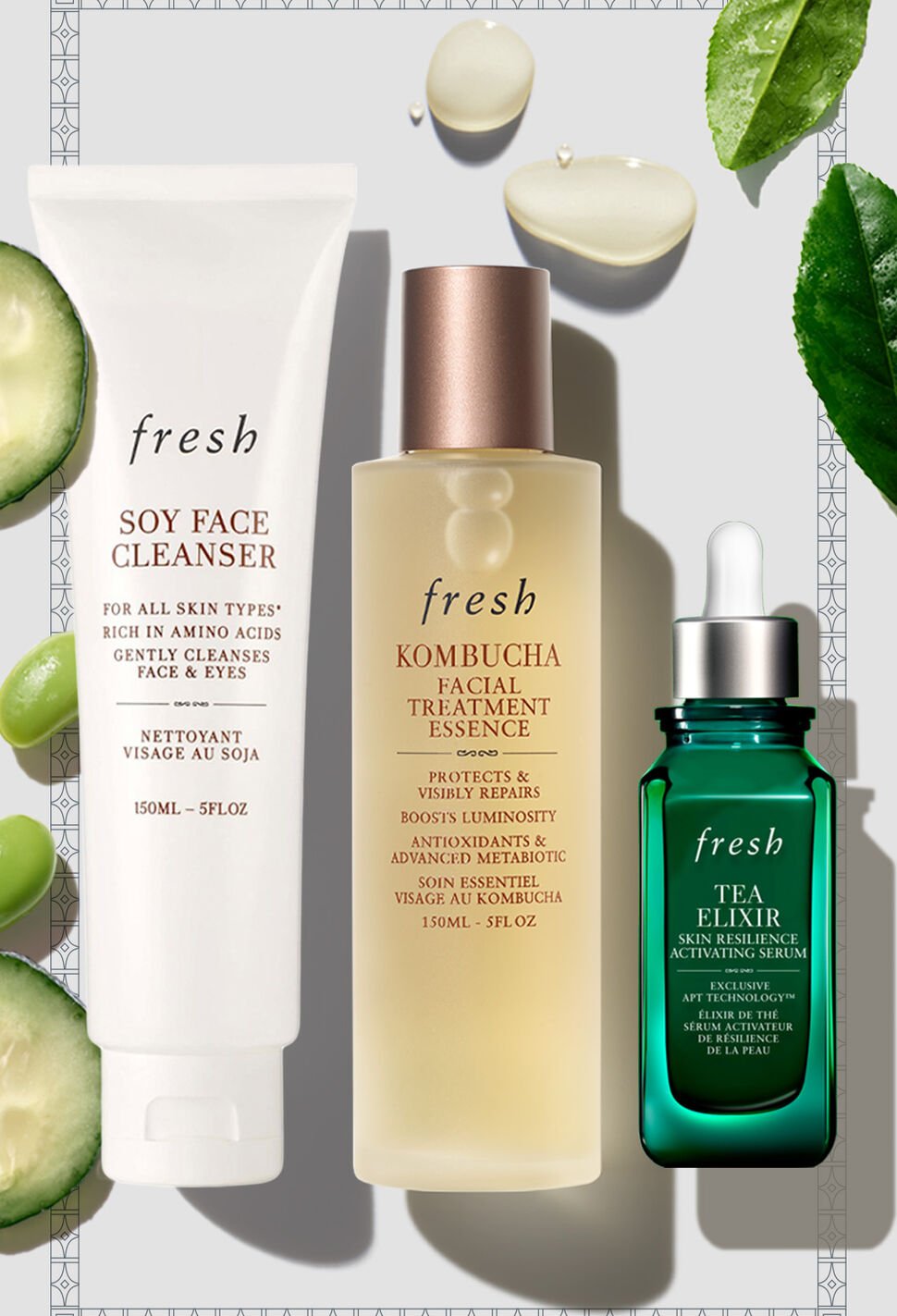
Establishing Effective Dental Well-being Routines
Maintaining optimal dental health is essential for overall well-being. By incorporating effective dental well-being routines into your daily life, you can ensure a healthy smile and prevent various dental issues. Let’s explore key habits to include in your dental care routine.
Daily Brushing: Foundation of Dental Care
The cornerstone of any dental well-being routine is daily brushing. Brush your teeth at least twice a day using fluoride toothpaste and a soft-bristled toothbrush. This helps remove plaque, bacteria, and food particles, preventing tooth decay and gum disease.
Flossing for Comprehensive Cleanliness
In addition to brushing, regular flossing is crucial for comprehensive dental care. Flossing removes plaque and debris from between the teeth and along the gumline, areas that a toothbrush may not reach effectively. Make flossing a daily habit to maintain optimal oral hygiene.
Choosing the Right Oral Care Products
Selecting the right oral care products is vital for effective dental well-being. Choose a toothbrush with soft bristles to avoid damaging tooth enamel and gums. Additionally, use fluoride toothpaste and consider incorporating an antiseptic mouthwash into your routine for added protection.
Regular Dental Check-ups: Prevention is Key
Preventive care is integral to dental well-being. Schedule regular dental check-ups and cleanings to detect and address potential issues early. Professional cleanings remove stubborn plaque and tartar, while your dentist can identify and address any emerging dental concerns.
Balanced Diet for Dental Health
Nutrition plays a significant role in dental well-being. Consume a balanced diet rich in fruits, vegetables, dairy products, and lean proteins. Limit sugary snacks and acidic beverages, as they can contribute to tooth decay. A healthy diet supports overall oral health and well-being.
Hydration and Oral Health
Staying hydrated is essential for saliva production, which helps neutralize acids and maintain a healthy oral environment. Drink plenty of water throughout the day to support your dental well-being. This simple habit also aids in rinsing away food particles and bacteria.
Avoiding Harmful Habits
Certain habits can negatively impact dental health. Avoid tobacco use and limit alcohol consumption, as these habits are linked to gum disease and oral cancers. Additionally, refrain from using your teeth as tools to prevent unnecessary wear and potential damage.
Protecting Teeth During Physical Activities
If you engage in sports or activities with a risk of dental injury, consider using a mouthguard. Mouthguards provide protection against impact, reducing the likelihood of chipped or broken teeth. Investing in a custom-fitted mouthguard is particularly beneficial for active individuals.
Addressing Tooth Sensitivity
Tooth sensitivity can be a common concern. If you experience sensitivity to hot or cold stimuli, consult with your dentist. They can recommend desensitizing toothpaste or other solutions to alleviate discomfort and improve your dental well-being.
Consistency is Key: Cultivating Lifelong Habits
Cultivating dental well-being routines is about consistency. Make these habits a part of your daily life to ensure long-term oral health. Remember that preventive care and proactive habits contribute to a lifetime of healthy smiles.
Explore Dental Well-being Routines Further
For additional insights into dental well-being routines and comprehensive oral care, visit AlternativeMediaSyndicate.net. Explore a wealth of resources to enhance your understanding of dental health and well-being. Your commitment to effective dental care routines is an investment in a brighter, healthier smile.



